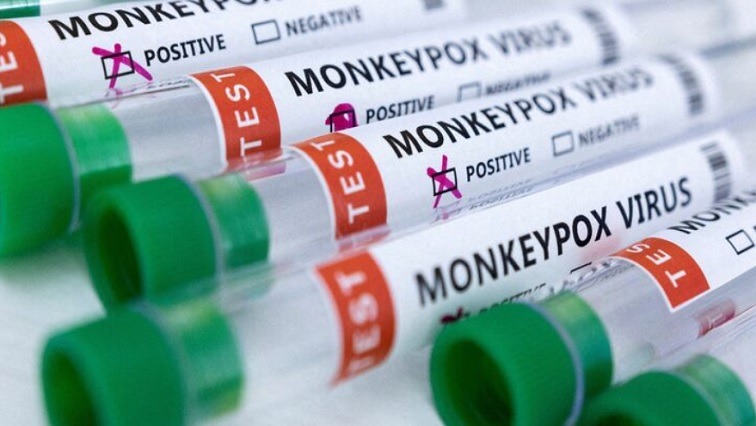
A new and more aggressive strain of the potentially deadly mpox virus is spreading rapidly among children in the Democratic Republic of Congo (DRC) and Burundi, with cases more than doubling since a public health emergency was declared in mid-August, according to Save the Children.
The fast-moving clade 1b strain has disproportionately impacted children in the DRC, the epicenter of the outbreak, and in Burundi, where children face heightened health risks due to hunger, displacement, and limited access to healthcare. These two countries account for 92% of all mpox cases in Africa this year.
As of November 3, suspected child cases in the DRC had increased by over 130%, from about 11,300 to 25,600, while in Burundi, confirmed child cases have surged from 89 to nearly 1,100 since the World Health Organization (WHO) declared the outbreak a public health emergency on August 14.
The overall risk remains critically high, especially for children, who are nearly four times more likely to die from the new strain of mpox than adults. Children in areas with poor sanitation, malnutrition, and limited healthcare are at an even greater risk due to their lack of access to testing and vaccines.
Mpox symptoms include fever, rash, and lesions on the body, severe headaches, and fatigue. In some cases, children may develop respiratory issues, and in severe cases, mpox can lead to sepsis, a life-threatening infection response.
According to the Africa Centers for Disease Control and Prevention (CDC), the total number of suspected and confirmed mpox cases across Africa has surpassed 46,000 this year, with over 1,000 fatalities.
“Children are particularly vulnerable to mpox—they explore by touch and taste, don’t always understand health guidance, and have weaker immune systems than adults,” said Save the Children. “They need timely information to protect themselves, and parents must be supported to get them the care they need if they fall ill.”
To combat the outbreak, Save the Children is working in the DRC to provide accurate information, counter misinformation, and support health centers with essential supplies. In eastern DRC, the organization is supplying medication, isolation tents, beds, personal protective equipment (PPE) for health workers, and training local leaders to identify and report suspected cases.
In Burundi, Save the Children is collaborating with the Ministry of Health and the Department of Emergency Response (COUSP) to strengthen the health system and manage the mpox outbreak. Efforts focus on preventing the spread, particularly among vulnerable refugee populations, and enhancing healthcare capacity to effectively respond to the crisis. Save the Children’s Emergency Health Unit has deployed additional specialists to support clinical care, operations, and water and sanitation efforts, ensuring resources are in place to protect at-risk communities.
